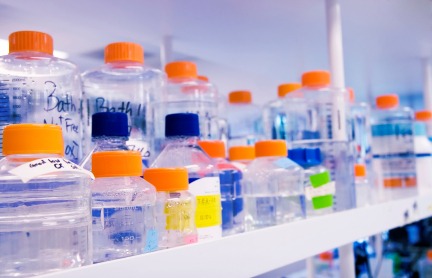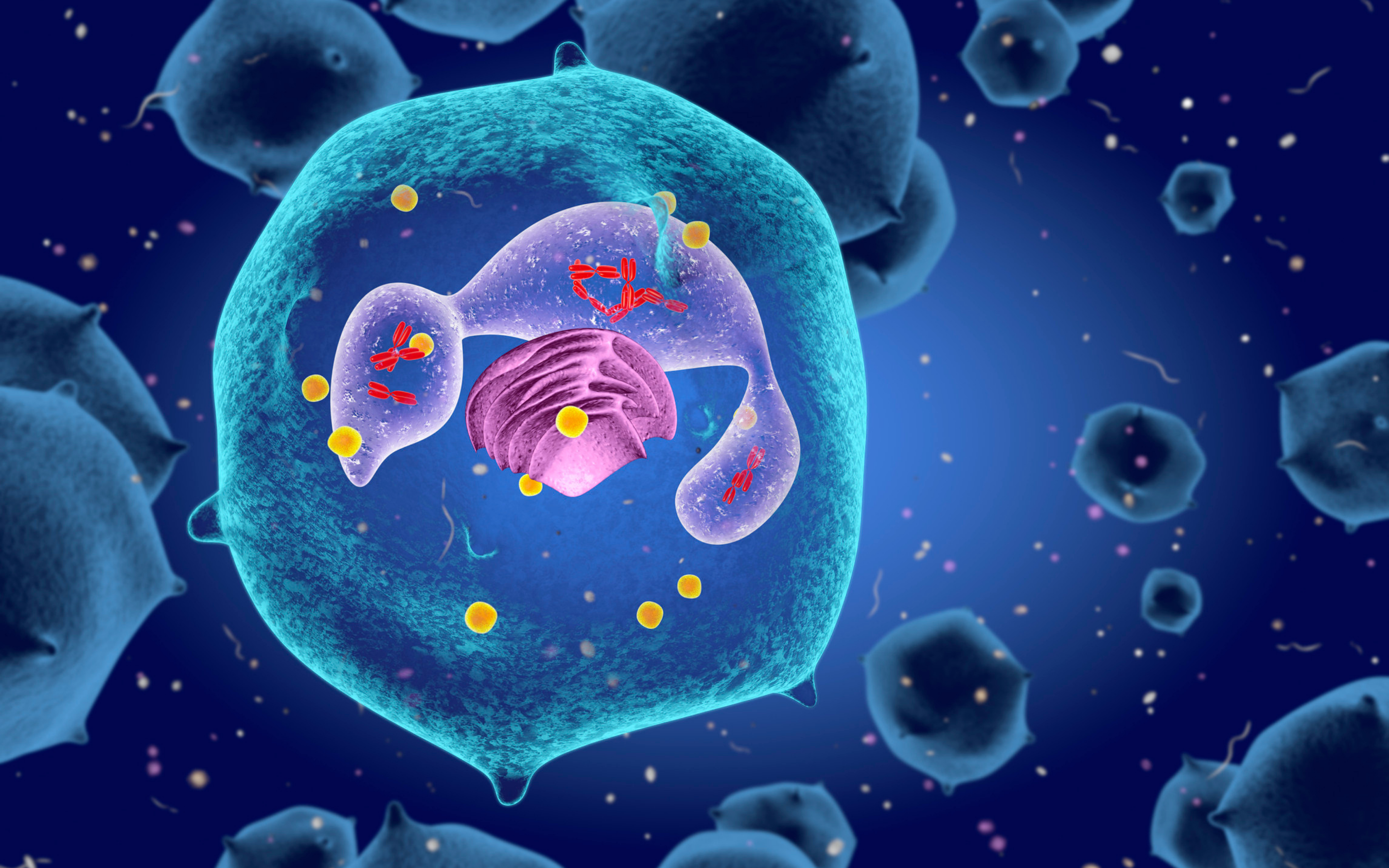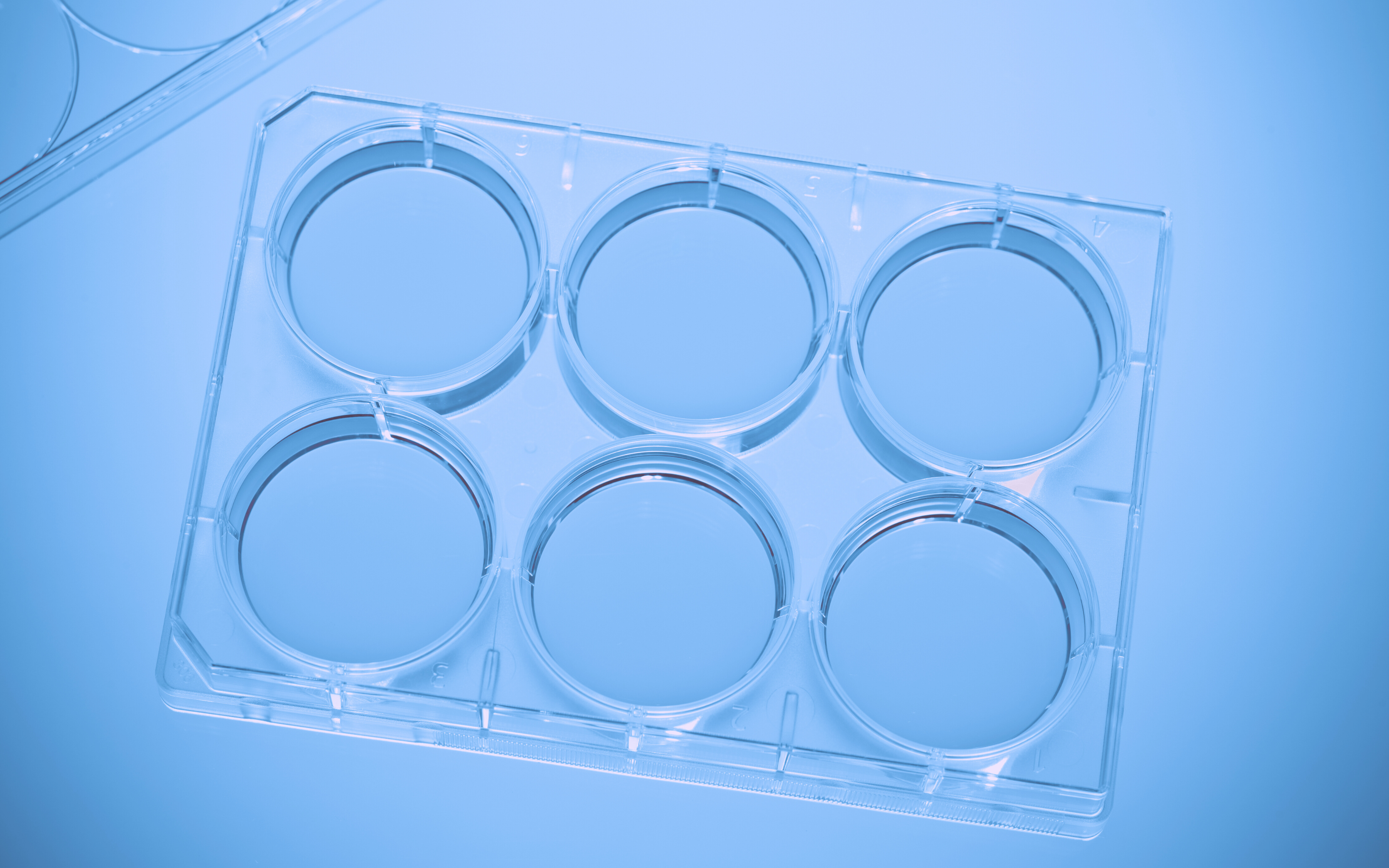As drug discovery costs rise according to a study1 from 2016, to 2.87 Billion USD, R&D expenses have become a pain point for many pharmaceutical companies who look for ways to reduce R&D costs. Running a cost-effective lab requires effective research lab management and competent managers.
The Critical Job of a Lab Manager
Of the many personnel components that make up a modern research laboratory, none is more critical to a lab’s function and upkeep than the laboratory manager. Without question, this position is one of the most diverse and multi-faceted in all of the different roles in an R&D lab. Depending on the range of a laboratory’s needs and expectations, a manager’s responsibilities could include performing independent research, ordering supplies and reagents, coordinating research needs between various lab researchers and management, enacting biosafety guidelines and standard operating procedures, acting as a conduit to the Chief Scientific Officer (CSO) among other duties. In addition, efficient laboratory managers must possess a skill set unique to the challenges of pharmaceutical and biotechnology companies: knowledge of science, comfort interacting with scientists in a demanding team-oriented setting, organization, and multi-tasking, and leadership. As you can see, a good lab manager is not only essential to a successful laboratory but also incredibly valuable.
One of the primary responsibilities of a lab manager is lab inventory management which requires excellent coordination and organization. Paperwork-wise, it is recommended that lab managers enact a standardized documentation model separating large orders and consumables. This is done best by simplifying the inventory process and can be obtained by using a laboratory management system.
The Importance of Inventory Tracking in Research Laboratory Management
Naturally, we tend to improve the most from the mistakes we make. One of the most common mistakes that occur in labs has to do with order supplies that are done systematically and uniformly each month without taking consumption and changing needs into account. The result can be an overflow of unused consumables that either sit on shelves or expire and have to be thrown away, a waste of resources. To avoid this scenario it is recommended to track changes in lab personnel, their project needs, and scaling orders based on month-to-month usage. Another mistake is to try documenting important things from memory and to write things down as you go. Experienced lab managers will stress out the importance of organization, template forms, meticulous documentation, and centralized storage of all management-related items for easy access whenever necessary.
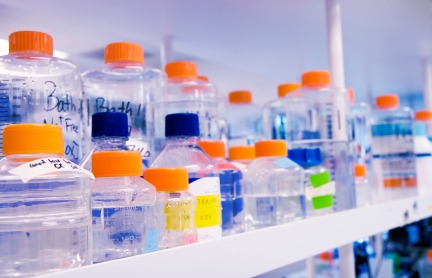
Lab consumables
The best advice you can get from experienced lab managers can essentially be boiled down to three words: organization, organization, and organization. Whether dealing with orders, maintenance records, personnel meetings, and conflicts or referencing lab protocols, it is imperative to not only have up-to-date copies all stored in the same place but to devise a centralized means of access for other team members and future managers. Running any lab can be improved by a powerful, digitized way to communicate with lab members in lieu of writing needs on a whiteboard and/or in person. Tracking lab supplies, in particular, would be better served by allowing personnel to make updates (and the manager to note them) in real time. Laboratory management software makes such real-time updates easy and efficient.
Utilize AI, Big Data, and Cloud
But more importantly, a report released on June 2018 by the Economist Intelligence Unit (EIU) and commissioned by Parexel International Corporation2 affirms that implementing advanced technologies such as AI, Big data and Cloud-based applications in the drug development industry can contribute to higher efficiency and productivity and result in cutting R&D labs costs.
It is imperative for lab managers today to harness new technologies and integrate data capture and analytics across the entire lab, implementing new data mechanisms for data sharing and interoperability. As mentioned in the above report, the greatest challenge is integrating data silos resulting from an uncoordinated approach to data collection and storage among various stakeholders within the organization and among external parties. Integration via a research management system can enable greater data sharing and transparency across the industry, driving efficiencies, as suitable research information can be shared and reused. It is the role of the Lab manager to incorporate such new technologies in the lab, outlining the operating model and processes and integrating them across the entire lab stakeholders, opening up data silos would enable wider input on improving the nature of data collection and usage.
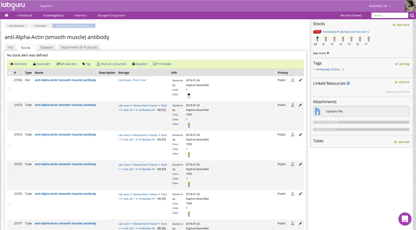
Lab Inventory Management Software
Labguru is a secure, compliant, web and cloud-based Electronic Lab Notebook that enables biotech, life sciences, and pharma companies, as well as academic institutions, to run their labs more efficiently and maximize their research output. With specific applications aimed at targeted lab personnel, Labguru ensures maximal laboratory communication, organization, and research continuity. Research laboratory management has never been easier – keep all laboratory documentation centralized, maintain orders, enhance logistics and communication, and (for those that will be participating in research) set major milestones all while facilitating real-time communication with other lab members. Especially when responsible for managing a large lab, utilizing lab manager software can not only streamline and improve laboratory productivity but free up precious time for lab managers that can be apportioned towards other projects or lab needs.
To learn more about the Labguru ELN and research management system -
- Innovation in the pharmaceutical industry: New estimates of R&D costs, Joseph A. DiMasi, Henry G. Grabowski, Ronald W. Hansen, Journal of Health Economics, May 2016
- EIU. The innovation imperative: the future of drug development part I: research methods and findings. London: The Economist Intelligence Unit, 2018. Available from: https://druginnovation.eiu.com/research-methods-and-findings/
Read more blog posts:
Adding Automation to your Labguru ELN in 10 simple steps
